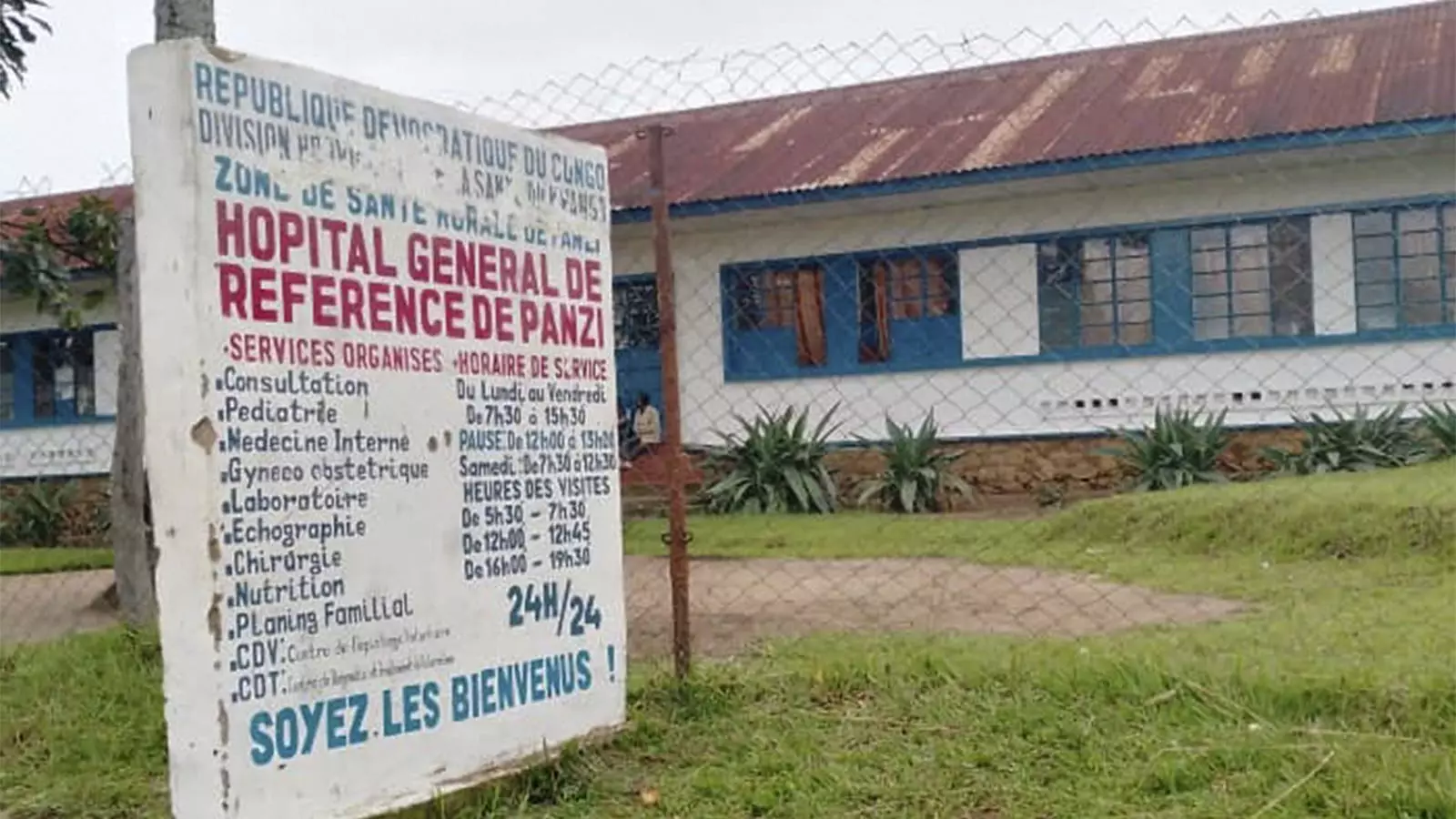In western Congo, health authorities are grappling with an unsettling health crisis following the recent death of a man exhibiting symptoms of hemorrhagic fever. This development has raised alarm bells about a potential viral outbreak, intertwined with malaria-related complications that have already claimed numerous lives in the region. Initial reports indicated that a flu-like disease had led to the deaths of at least 37 individuals, primarily suspected to be suffering from malaria. However, the hemorrhagic symptoms observed in this latest case suggest a more complex interplay of pathogens, stirring concerns among health officials.
The recent outbreak originated in the remote Panzi area located in Kwango province, an area already noted for its high prevalence of malaria and malnutrition. According to Ngashi Ngongo, an official from the Africa Centers for Disease Control and Prevention, there have been 592 reported cases connected to this outbreak, with an increasing death toll that raises questions about the exact nature of the diseases inflicting the affected population. The death of the man with hemorrhagic fever deviates from the commonly associated symptoms of malaria, indicating that health agencies must now consider the possibility of a viral infection alongside malaria, potentially complicating diagnosis and treatment efforts.
This pressing health crisis has mobilized experts from both the World Health Organization (WHO) and Congo’s National Rapid Response Team to the affected region. The difficult terrain and challenging accessibility have hindered timely intervention, with some experts taking two days to reach Panzi. The logistic hurdles were compounded by the need for laboratory services, necessitating the transport of blood samples over significant distances to Kikwit for rigorous testing. The delay in local testing capabilities has created an added layer of complexity in these investigations, potentially allowing for further spread of the disease while officials seek clarity.
The characteristics of this outbreak are alarming, especially with most reported cases and fatalities being children under 14 years of age. Symptoms commonly include fever, headache, cough, and anemia, which, due to their overlap with other conditions prevalent in the area, have added difficulty to the diagnostic process. According to WHO director Tedros Adhanom Ghebreyesus, while the majority of the blood samples collected thus far have tested positive for malaria, he reiterated the critical importance of continuing to investigate the matter due to the potential for multiple diseases contributing to the observed symptoms.
The ongoing crisis is further complicated by endemic levels of malnutrition, which can exacerbate the effects of malaria and potentially heighten susceptibility to viral infections as well. Ngongo’s hypothesis reflects the dual burden of severe malaria in malnourished populations and the potential for viral pathogens to emerge or resurge in tandem. Health officials are left in a precarious situation as they attempt to formulate strategies for containment while also addressing the underlying social determinants contributing to the severity of the outbreak, such as poverty and food insecurity.
As more cases emerge and investigations continue, it becomes increasingly crucial for local health authorities and global partners to pool resources and expertise in addressing this multifaceted public health emergency. Timely testing, rapid response measures, and a comprehensive understanding of the malnutrition-Malaria interaction are essential for curbing the outbreak and preventing further loss of life. The case in western Congo serves as a poignant reminder of the need for improved healthcare infrastructure and rapid response mechanisms, particularly in underserved rural areas where such outbreaks can flourish unchecked. Solving this health crisis will require innovative thinking aligned with international collaboration, ensuring communities are empowered to combat these challenges effectively.


Leave a Reply